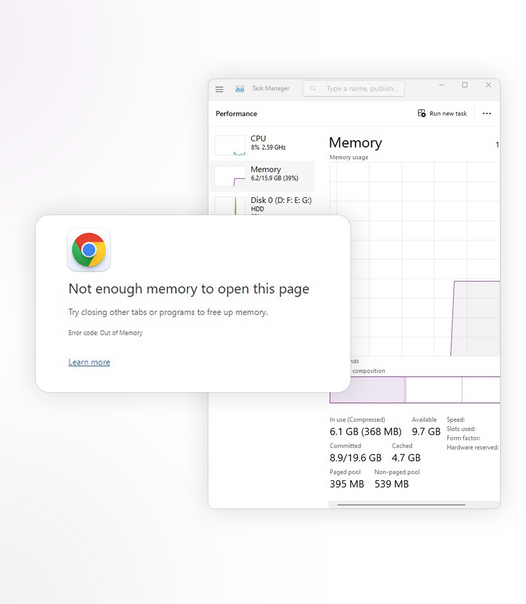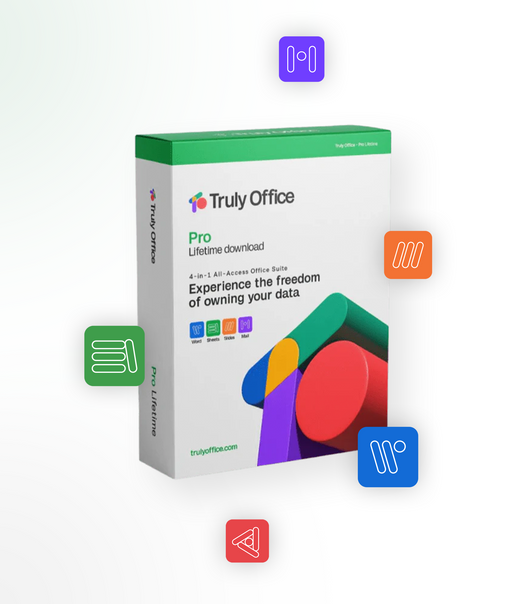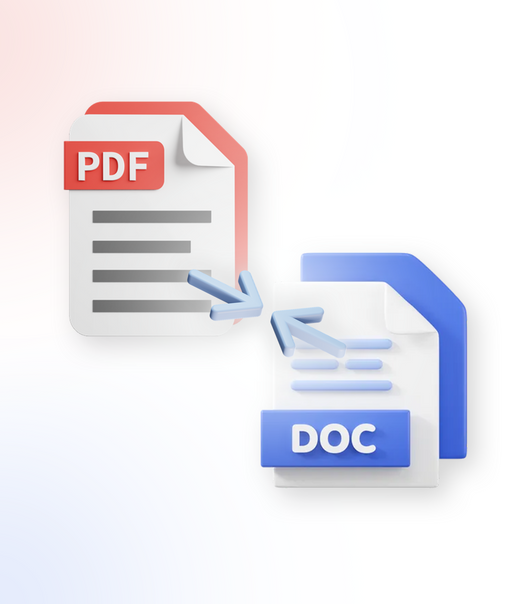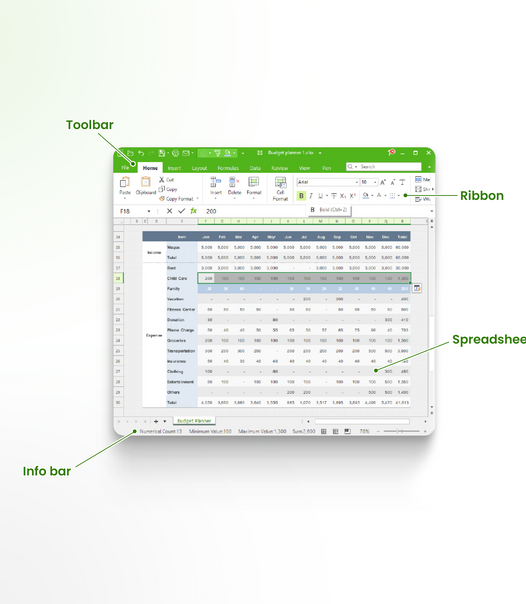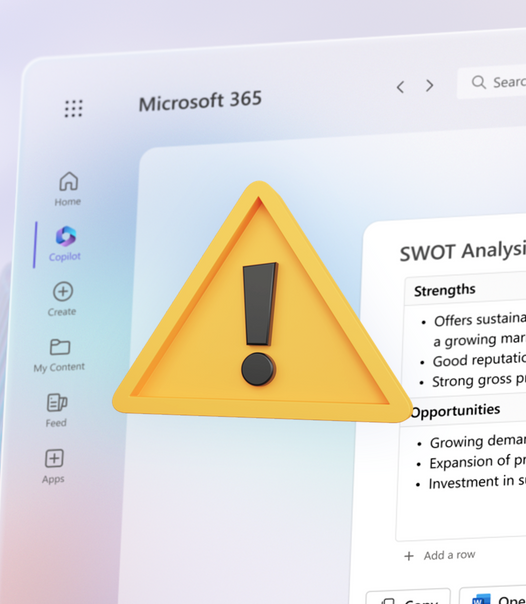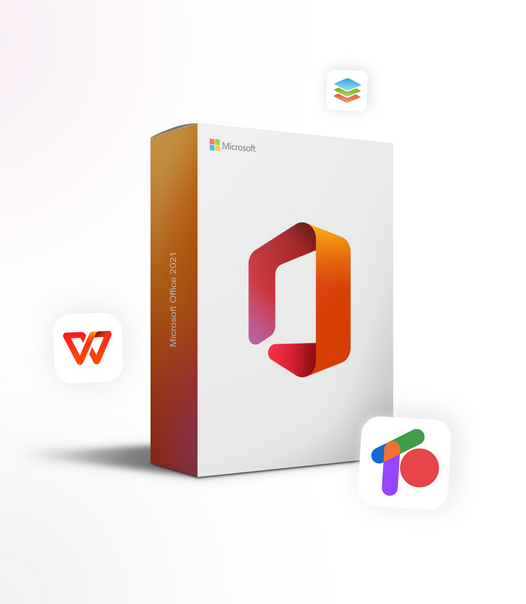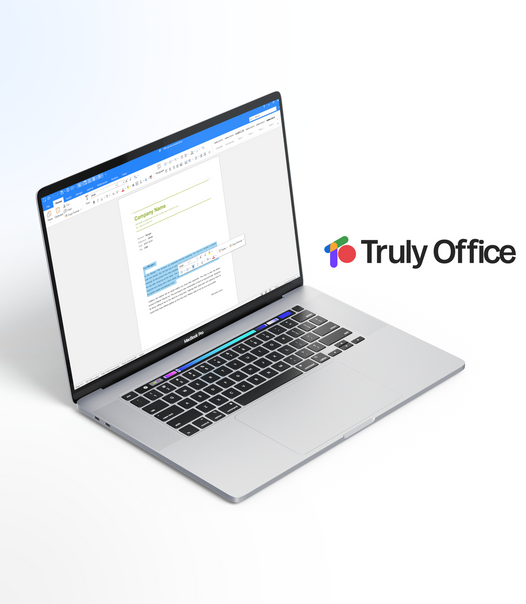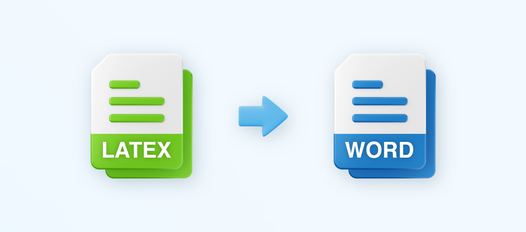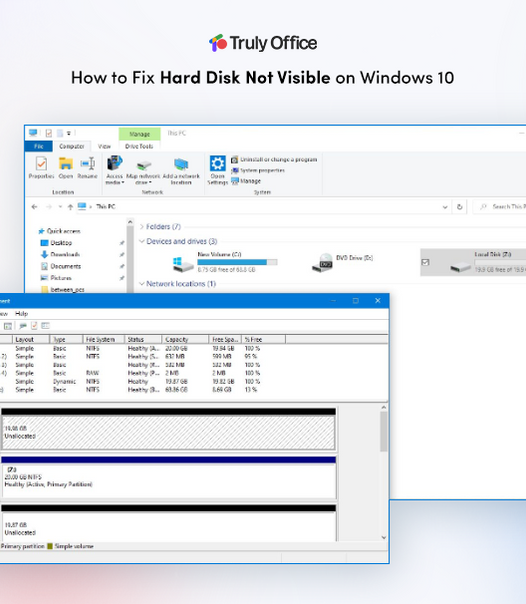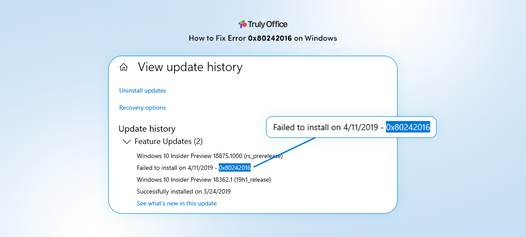Data, the cornerstone of modern business, stands as a vital asset, brimming with untapped potential and invaluable insights.
Understanding the value it holds is paramount in navigating today's data-driven landscape. Data fuels informed decisions, drives growth, and shapes innovative initiatives, positioning businesses for success in a dynamic and interconnected world. Whether it's customer data, financial data, or operational data, the tremendous value of information cannot be overstated.
Through analytics and predictive modeling, businesses can anticipate market shifts, identify emerging opportunities, and mitigate potential risks more accurately. This proactive approach is all thanks to the abundance of data, which provides a comprehensive and holistic view of any situation.
It's increasingly important to recognize your data's worth, not only in terms of generating revenue but also in optimizing processes and enhancing customer experiences. Data is a limitless resource for businesses to tap into, and this post explores why it holds such great value.
Why Is Data a Valuable Asset?
There are various reasons why data is considered a valuable asset:
- High Reusability: Data has the potential for multiple reuse, serving various purposes like information analysis, model creation, and decision-making support. By leveraging the same dataset repeatedly, its utility and value can be maximized.
- Ubiquity: Data is ubiquitous, existing in various locations at once. It can be stored in databases, cloud servers, or spread across networks, accessible by authorized users anywhere. This enables effortless collaboration and informed decision-making.
- Replication: Replicating data is made easy with technologies like virtualization and federation, allowing for logical creation and access to data structures. This ensures data availability and consistency across systems, promoting interoperability and flexibility.
- Instantaneous Transmission: Data can be transmitted instantly through various methods, from email to data portals and ETL processes. This enables real-time decision-making, collaboration, and timely responses to business needs.
- Accounting Treatment: Data is not recognized as a tangible asset by International Accounting Standards (IAS) but can still impact a company's goodwill and financial success. Its strategic importance in corporate operations cannot be overlooked.
- Non-Taxable Transfers: Data transfers usually do not have taxes, except when payments are involved. This encourages data sharing and collaboration, promoting innovation and economic growth.
- Exponential Benefits: Data goes beyond sales and revenue. Its widespread use improves decision-making and operational efficiency, drives innovation, and transforms business models. The exponential benefits highlight data's transformative power in the digital age.
These are only some reasons why data is a valuable asset for businesses. As technology advances and generates even more data, its value will only continue to grow, making it an essential resource for thriving in today's competitive landscape.
The Economic Value of Data

Data is not merely a byproduct of operations; it's a goldmine waiting to be unearthed. The economic value of data stems from its potential to generate revenue and provide a competitive edge for organizations. But how do we quantify this value?
One approach is to assess the direct financial impact of data on revenue generation or cost reduction. For instance, data-driven insights can lead to targeted marketing campaigns that increase sales.
Another method involves evaluating the strategic value of data in terms of its contribution to long-term business goals and competitiveness. This includes considering how data enhances decision-making processes, improves customer experiences, or enables innovation.
Monetizing data assets can take various forms, such as selling raw data, providing analytics services, or licensing data for third-party use. Valuing data requires a nuanced understanding of its quality, relevance, and potential impact on business outcomes.
Data marketplaces have emerged as platforms facilitating the exchange of valuable data sets among organizations. Marketplaces connecting data providers with buyers offer monetization, collaboration, and innovation opportunities in the data economy. Harnessing the economic value of data is vital for organizations to thrive in today's data-driven world.
Using Data to Drive Business Strategies
Overlooking the opportunities in data can result in missed chances for growth and innovation. Businesses that embrace a data-driven approach gain a significant advantage over their competitors. Here are some ways data can drive business strategies:
- Identifying Customer Needs: Data provides valuable insights into customer behaviors, preferences, and pain points. By analyzing this information, businesses can tailor products and services to effectively meet customer needs.
- Optimizing Operations: Data analytics can identify inefficiencies and bottlenecks in operations, allowing businesses to make data-driven decisions for optimization.
- Forecasting Trends: With the abundance of data available, businesses can use analytics to forecast market trends and anticipate shifts in consumer behaviors, enabling them to stay ahead of competitors.
- Enabling Innovation: Data-driven insights can spark innovative ideas and fuel continuous improvements. By analyzing data, businesses can identify areas for innovation and find new ways to meet customer needs.
Incorporating data into business strategies allows organizations to make informed decisions, improve processes, and stay competitive in today's fast-paced business landscape. With the right tools and mindset, businesses can harness the full potential of data to drive success. So don't miss out on the power of data - embrace it and use it to your advantage.
Unlocking Insights through Data Analytics
Amidst the flood of data in today's digital world, analytics and business intelligence play vital roles like skilled craftsmen, turning raw data into valuable insights that businesses can act upon. Think of them as the magic behind the scenes, transforming a jumble of numbers and figures into actionable strategies.
Imagine a giant puzzle made up of scattered pieces - that's your raw data. Analytics is the puzzle solver, combining these fragments to reveal meaningful patterns. These insights aren't just interesting tidbits; they fuel informed decision-making in the fast-paced business world.
With real-time analytics, businesses can stay agile, adapting swiftly to changing market trends and customer behaviors. It's like having a crystal ball that helps you anticipate shifts and move proactively to stay ahead of the curve.
But it's not just about reacting to what's happening now; analytics also plays a crucial role in shaping future strategies. Businesses can identify strengths, weaknesses, and opportunities by analyzing data trends, enabling leaders to chart a course for long-term success.
Analytics and business intelligence are the secret ingredients that turn raw data into actionable insights, helping businesses thrive in today's data-driven world.
Truly Sheets: The Perfect Tool for Managing Data
Have you ever struggled with organizing and managing vast amounts of data? Look no further than Truly Sheets, the perfect tool for easily handling data. Whether you're a beginner or an expert in data management, Truly Sheets offers a user-friendly interface that makes it easy to input, organize, and analyze data. With its spreadsheet and workbook-based platform, you can create, edit, and collaborate on data.
Truly Sheets offers many features to enhance your data management experience. Truly Sheets has everything you need to make data organization a breeze, from customizable templates to advanced filtering and sorting options. Its compatibility with other software like Microsoft Office makes it the best choice for seamless data integration.
Give Truly Sheets a try in Truly Office, the best modern productivity suite on the market.
Training Employees on Data Importance

Educating your team on the importance and value of data is crucial for a successful data-driven strategy. Here are the steps to effectively train employees on data:
- Gather the relevant team members. Identify the employees who will benefit from data training and gather them for a session.
- Discuss how data impacts business decisions, customer experiences, and innovation. Use real-life examples to illustrate the importance of data.
- Employees need to understand why data is important for achieving business goals. Show them real-life examples of how data has driven success in the past.
- Introduce your team to tools and techniques for collecting, organizing, and analyzing data. Demonstrate how these tools can be used in their day-to-day tasks.
- Let employees work with real data to understand its practical applications. This hands-on experience will help solidify their understanding and build confidence in working with data.
- Offer ongoing training opportunities to stay updated on the latest trends and tools in data management and analysis.
- With great data comes great responsibility. Educate employees on the importance of safeguarding sensitive data and following proper data privacy protocols.
By training employees on data, businesses can create a culture that values and embraces data-driven decision-making. This approach will benefit the organization and empower employees to make informed decisions in their roles. As the saying goes, "knowledge is power," when it comes to data, this rings true for businesses and their employees.
Conclusion
Data is not just a byproduct of operations but a formidable asset capable of driving significant business impact. Embracing this realization marks the first step towards unlocking the treasure trove of value hidden within your information assets.
From machine learning algorithms to predictive analytics tools, the landscape of data science constantly evolves, offering new avenues for innovation and growth. By embracing these advancements and integrating them into existing processes, businesses can stay ahead of the curve and capitalize on the transformative potential of data.
The future is data-driven, and the only way to thrive in this landscape is by incorporating data analytics and business intelligence into your strategies. With tools like Truly Sheets and a well-trained team, businesses can harness the full potential of data and pave their path to success!
Boost Your Productivity with Truly Office
Ready to revolutionize your workspace? Upgrade to Truly Office and experience the best Microsoft Office alternative. Don't just work – work smart! This powerhouse not only mirrors Microsoft Office but adds extra features for a seamless workflow. It's the smart choice for modern professionals, from document creation to data analysis.
Enter a world where your ideas come to life with a single click. Design stunning presentations and documents effortlessly with Truly Office, the ultimate productivity suite. With its intuitive interface, you can easily create and collaborate, regardless of your skill level.
Buy Truly Office today and elevate your work experience. Unleash the power of innovation, productivity, and collaboration like never before!






